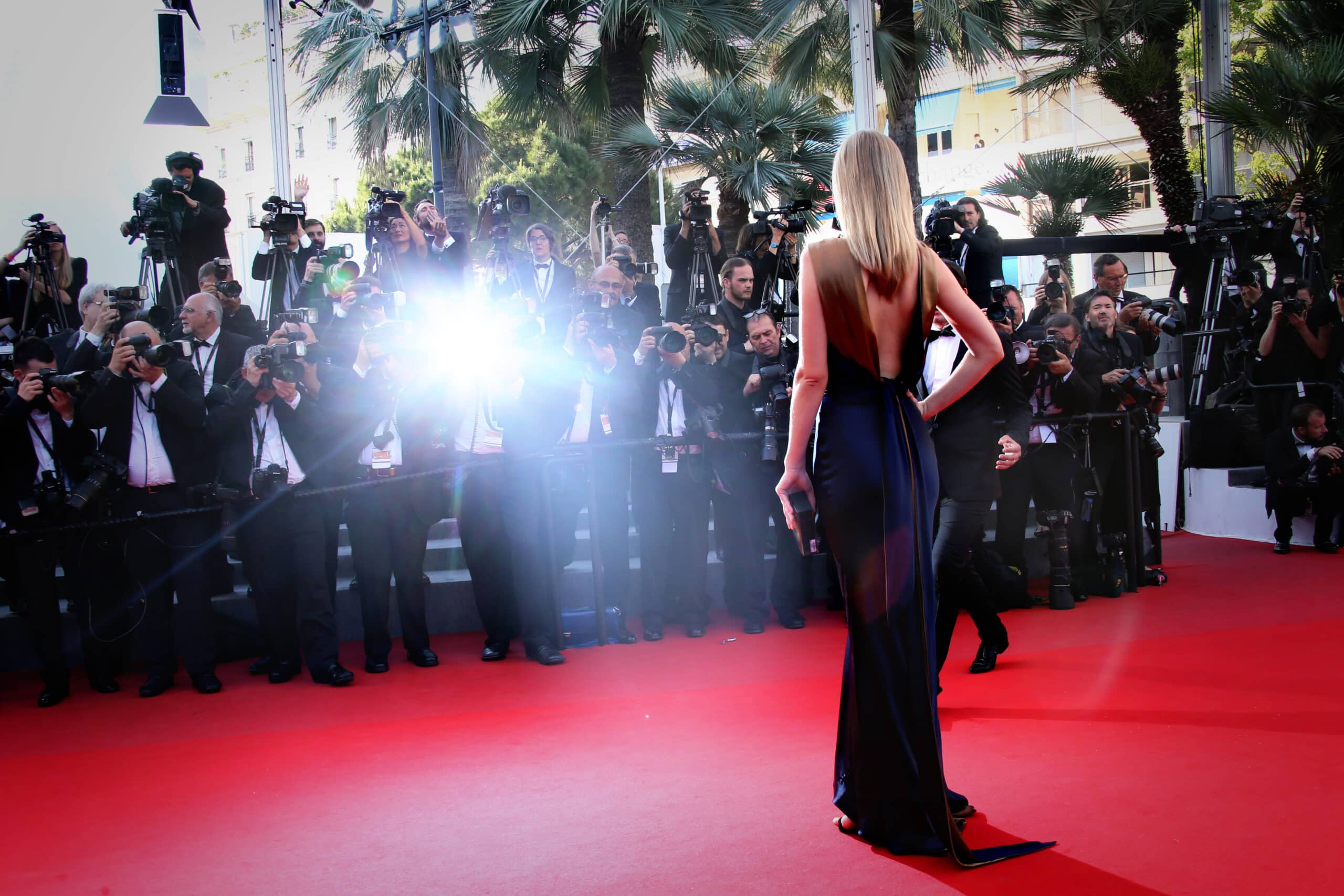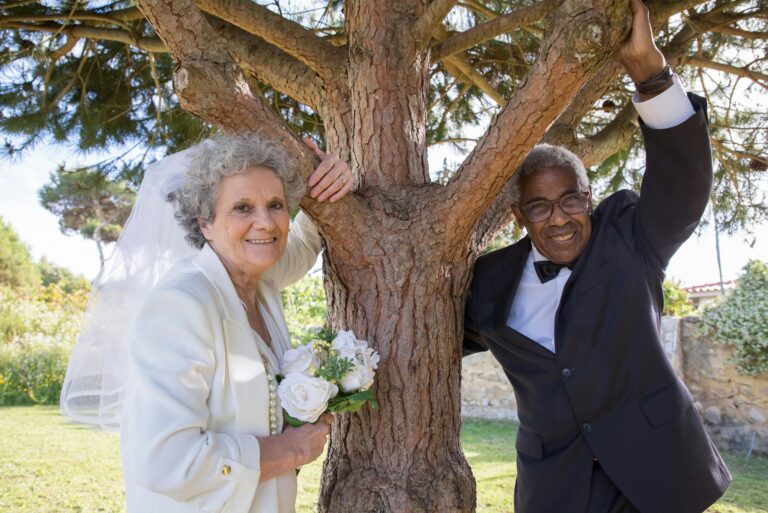The Psychology of Love: What Celebrities Tell Us About Modern Romance
In the glittering world of celebrities, romance often appears as a sequence of grand gestures and extravagant declarations of love. Yet, behind the scenes, celebrity relationships can offer profound insights into the psychology of love and modern romantic dynamics. By examining these high-profile relationships, we can uncover lessons about love, attachment, and the interpersonal dynamics that resonate beyond the silver screen and the pages of gossip magazines.
The Spotlight on Relationship Dynamics
Celebrity relationships are uniquely positioned to influence societal perceptions of romance due to their high visibility. When celebrities share aspects of their love lives, whether through interviews, social media, or public outings, they inadvertently shape fans’ expectations and norms around relationships. For instance, when Beyoncé released her album “Lemonade,” which delved into themes of infidelity, forgiveness, and reconciliation, it sparked widespread discussions about loyalty and healing in relationships. This openness provides a starting point to explore how people relate to each other and handle conflicts in intimate relationships.
Attachment Styles in the Limelight
The concept of attachment styles—secure, anxious, and avoidant—developed by psychologists, can be observed in celebrity relationships and can profoundly impact how individuals behave in romantic partnerships. For example, securely attached individuals typically display healthy, stable relationships, as seen with couples like Emily Blunt and John Krasinski, who often speak about mutual support and understanding as the foundation of their marriage. In contrast, celebrities with more tumultuous love lives might display characteristics of other attachment styles, which can result in a series of high-profile but unstable relationships.
Love Under Public Scrutiny
One significant aspect of celebrity romances is the constant public scrutiny. This visibility can create pressures that complicate personal relationships. The psychology behind how celebrities handle these pressures—such as the decision to keep a relationship private or the impact of public opinion on personal choices—offers an intriguing window into coping mechanisms that couples use to fortify their bonds against external stresses.
For instance, Justin Bieber and Hailey Baldwin have spoken openly about seeking marriage counseling to deal with their issues proactively. This approach highlights a modern understanding of love that embraces psychological health and emotional intelligence as crucial components of a successful relationship.
The Influence of Social Media
In today’s digital age, celebrities often use social media platforms to communicate directly with the public, including sharing aspects of their romantic lives. This direct line of communication can alter the dynamics of celebrity relationships, offering an unfiltered view into their personal lives. It can amplify the psychological effects of public opinion, both positive and negative, and influence the couple’s interaction with each other and their audience.
For example, when Chrissy Teigen and John Legend share their family and relationship experiences on social media, they engage in a form of narrative control but also open themselves up to public scrutiny and support. This dual-edged sword of social media can significantly impact the psychological well-being of celebrities and offers a lens through which to view the intersection of public personas and private relationships.
Romantic Idealization vs. Reality
Celebrities often represent the pinnacle of societal ideals in beauty, success, and personal life. Their relationships, therefore, can become a canvas for idealization, where the public projects their fantasies of perfect romantic love. However, when celebrities discuss the real challenges in their relationships, such as dealing with infidelity, managing long-distance dynamics, or navigating mental health issues, it demystifies these idealizations and brings a healthy dose of reality to public perceptions of romance.
For instance, when Will Smith and Jada Pinkett Smith discuss their marriage’s challenges openly, including periods of separation and personal growth, it presents a more nuanced narrative of marriage that counters the fairy-tale romance often portrayed in media.
Celebrity relationships, with their blend of fairy-tale romance and real-world complexity, offer a unique perspective on the psychology of love in modern times. They reflect the evolving dynamics of romance, highlighting issues of attachment, the impact of public scrutiny, the effects of social media, and the balance between idealization and reality. By observing these relationships, the public can gain insights into not just the glamorous aspects of love but also the genuine, sometimes challenging, dynamics that define human connections in the contemporary world. As we continue to watch and learn from these high-profile partnerships, we can better understand our relationships and the psychological forces that shape them.






